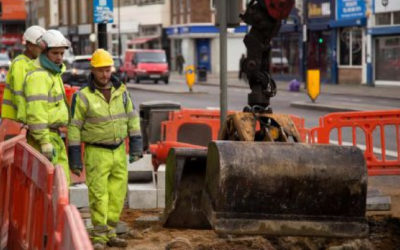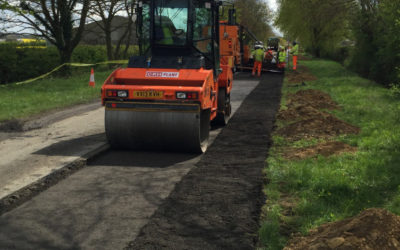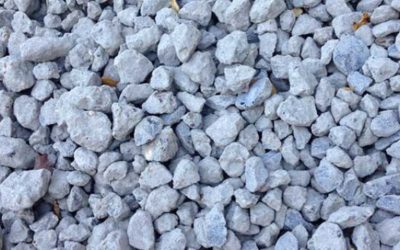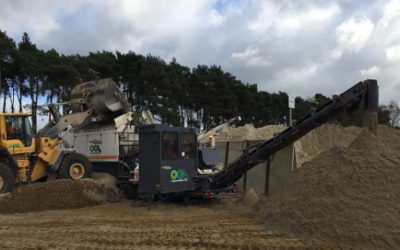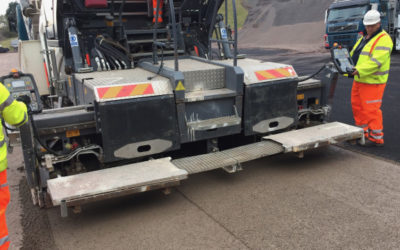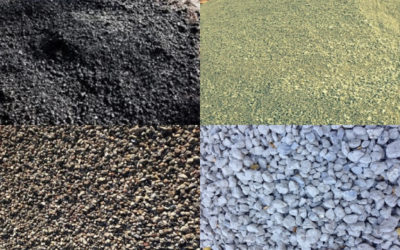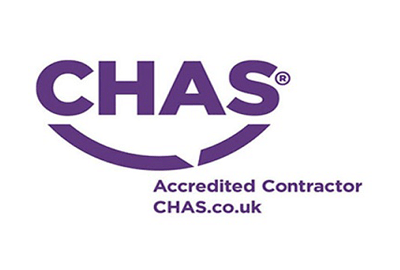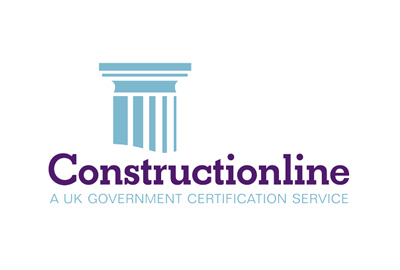The clocks have changed and spring is here now in the UK, but the chances are you’re still likely to feel the effect of winter if you drive along the road here. Winter is notoriously the time when the UK’s road network quite literally falls apart with sustained periods of frost, rain and ice putting the asphalt that we drive on under immense pressure. The resultant potholes continue to blight the highway infrastructure and the problem is only getting worse.
Repairing the pothole backlog across England and Wales has jumped in cost by nearly 25 percent in the last 12 months from £10.24bn to £12.64bn, in a major warning sign of the devastating impact of inflation on the highways sector.
New research from the Asphalt Industry Alliance, shows almost a fifth of the road network (18%) or 36,918 miles is now defined as being ‘structurally poor’, with less than five years’ life remaining. This is a staggering increase of more than 2,000 miles on last year’s figures. And, more than 10% of the network is ‘likely to require maintenance in the next 12 months’. The dire situation is most evident on the mostly rural unclassified roads – a quarter of these are now in poor condition compared to 4 percent of the principal network.
Government budgets – The road to ruin?
Previously the Government had promised an extra £420m for councils in England to deal with “potholes, repair damaged roads, and invest in keeping bridges open and safe”. However, despite this resulting in the average highway maintenance budget increasing by 4 percent per authority, it’s quite clear to see that these gains were eroded (much like the roads) with inflation on fuel and materials following price hikes due to Brexit, Covid and more recently warring factions in Eastern Europe.
The average financial shortfall in the 2021/22 carriageway budget leapt by nearly 50 percent to £6.4m per authority, the highest in at least a decade, with the total shortfall exceeding £1bn. At some point authorities need to do the sums and realise that something doesn’t add up and a new way of dealing with potholes is required.
Recently the Government announced a highways funding freeze for the next three years and with inflation in this oil-dependent industry currently running at nearly 20% according to some estimates, the forecast for the near future looks bleak.
A different approach offers environmental and financial benefits
I am on the road every day speaking to public and private sector businesses and we see the same story up and down the country. Well-intentioned organisations are having to cut corners with temporary fixes to long-term issues.
This is backed up by the results of the survey, which found only 66 percent of respondents were ‘selecting surfacing materials with longer life’, and were probably opting for materials with lower upfront costs instead.
Thankfully we have had some great engagements with councils like Hampshire and Oxfordshire that have a progressive view on the matter. They actually care about their net zero pledges and are actively finding ways to reduce carbon usage.
In Oxfordshire we worked with our partner Milestone Infrastructure and helped the council return hundreds of tonnes of material removed during road and path resurfacing work back into material products that can be used to fix potholes and re-lay pedestrian walkways.
Our work with Milestone again, this time in Hampshire has been an incredible success. The work has evolved and now includes multiple materials all being recycled through the impressive depot we have at Micheldever. The work has become a textbook example as to how local authorities and private asset owners should look to dispose of waste, reduce carbon output and promote recycling of materials.
Winning minds, hearts and contracts
Unfortunately the AIA survey found that despite 85 percent of respondents reporting their authority has made a net zero pledge, only 8 percent of authorities had a ‘quantified target to reduce the carbon footprint resulting from the procurement of road surfacing materials’.
It is honestly maddening that more is not being done across the UK. The solutions are there, it just needs some forethought and a positive change to actually want to be made.
After years of conversations, finally, waste is now being recognised as a potential asset for the recycling process, rather than something which needs to be disposed of. At OCL Regeneration we are enabling public and private sector organisations to give more thought to the use of recycled materials in their projects.
The £12.64bn figure quoted by AIA represents the amount needed as a one-off to bring the UK highways network up to a condition that would allow it to be managed cost-effectively going forward as part of a proactive asset management approach. We are some way off that ever materialising and carbon neutral solutions which offer a sustainable and environmentally friendly approach to fixing the problem should be championed.
At OCL the conversations we have now may not materialise into projects for a year, but by working on trials and proofs of concept, we are enabling organisations to realise the benefit of recycling asphalt and other materials. Cost of materials and haulage for waste is forcing local authorities and private asset owners to look at new solutions and that can only be a good thing.
Stuart

